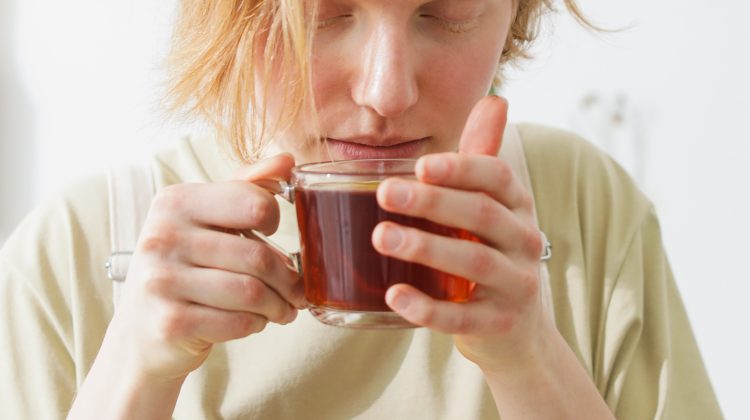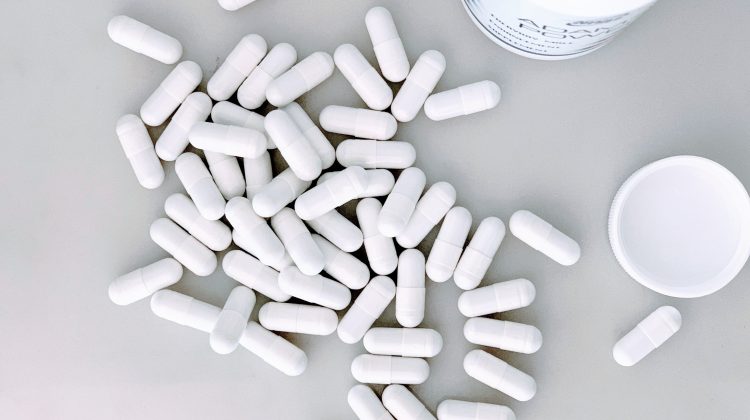It’s safe to say America is a treasure trove of processed foods and additives when it comes to our local supermarkets. Often times, we’re unsure what we’re really consuming day-to-day due to the Food & Drug Administration’s (FDA) “generally recognized as safe” (GRAS) approach to food regulation. This classification allows additives and substances considered safe by experts to be used in food without conducting tests prior to being on shelves.
Comparatively, countries like those under the European Union use a “qualified presumption of safety” (QPS) approach that requires expert assessment before authorizing foods for use. This approach has banned several harmful additives worldwide, including Yellow 5, Red 40, titanium dioxide, and brominated vegetable oil (BVO). But, these banned foods remain on US shelves today and are considered safe for consumption by the FDA.
While the FDA may be behind on banning these harmful additives, here are our top five banned snacks to avoid and safer alternatives to your favorite foods.
Candies That Can Kill
If you have a sweet tooth for colorful candies, it’s time to start checking the ingredients first. Titanium dioxide (E 171) is a color-changing food additive that makes foods and beverages white and brighter. The additive is found in many popular candy brands, including Skittles, Starburst, and Sour Patch Kids.
Why is it bad? According to the European Food Safety Authority (EFSA), research suggests that titanium dioxide can cause damage to DNA and put you at risk of developing cancer. This superficial coloring of food may appeal to the eye but poses a greater risk when consumed regularly.
Stay Away From Citrus
In early July 2024, the FDA officially banned a flavor-based stabilizer known as brominated vegetable oil (BVO) that is used in many citrus-based beverages. This food additive has been banned in the UK since 1970 and was banned by the European Union in 2008.
It has been linked to negative thyroid effects as well as damage to the central nervous system when overconsumed. Even though it is no longer in popular drinks like Mountain Dew and Gatorade, products like Sun Drop, Orangette Soda, Giant Orange Soda still contain BVO.
Be Wary of These Preservatives
Food preservatives are often added to processed foods to keep them fresh longer. Some act as an antioxidant to keep oxygen exposure from damaging your food. Two in particular, butylated hydroxyanisole (BHA) and butylated hydroxytoluene (BHT) are banned in the European Union for being a potential carcinogen, with research showing signs of cancer in rats.
BHA and BHT are used in various processed goods, such as chewing gum, cereals, potato chips, and baked goods. If you can’t avoid foods with artificial preservatives, be on the look out for either of these chemicals when you’re shopping for groceries.
Find Safe Alternatives to Banned Food Dyes
It’s no secret food coloring has been linked to a variety of negative behavioral changes in children when consumed. Other countries such as Austria, Norway, and other parts of Europe have banned snacks that contain these food dyes. Meanwhile, the U.S. has food dyes in thousands of its products nationwide, including Red 40 and Yellow 5.
Unfortunately, the FDA has yet to put regulations in place on synthetic food dyes. Thus, opt for dye-free options like Kettle Brand Chips, or stores free of artificial dyes, like Trader Joe’s, when buying your favorite snacks.
Avoid Dairy & Meat Hormone Additives
Surprise, it’s not just snack foods that leave you vulnerable to additives; your dairy and meat products could contain the growth hormone called rBGH. Some U.S. dairy farms use Recombinant bovine growth hormone (rBGH) for increased cow milk production; the European Union, Canada, Japan, and several other countries have prohibited it.
Studies have shown that increased use of rBGH has led to a variety of health problems in cows, such as infection and lameness. Dairy farmers may use more antibiotics on their cattle to combat these side effects. In turn, this can end up in our meat and dairy products and potentially reduce human antibiotic efficiency.
A Guide to Safe Shopping
While America may be behind on consumer food safety, you can catch up with other parts of the world by following these food safety tips. When shopping at your nearest grocery store or supermarket, always check ingredient lists and labels for any additives on our top banned foods list.
Another option is to shop for brands that promise to keep damaging additives from their products altogether. For instance, the brands Kraft and General Mills have chosen to remove all artificial dyes from their products. Of course, be wary of deceptive labeling when shopping and avoid overconsuming processed foods.





No Comment